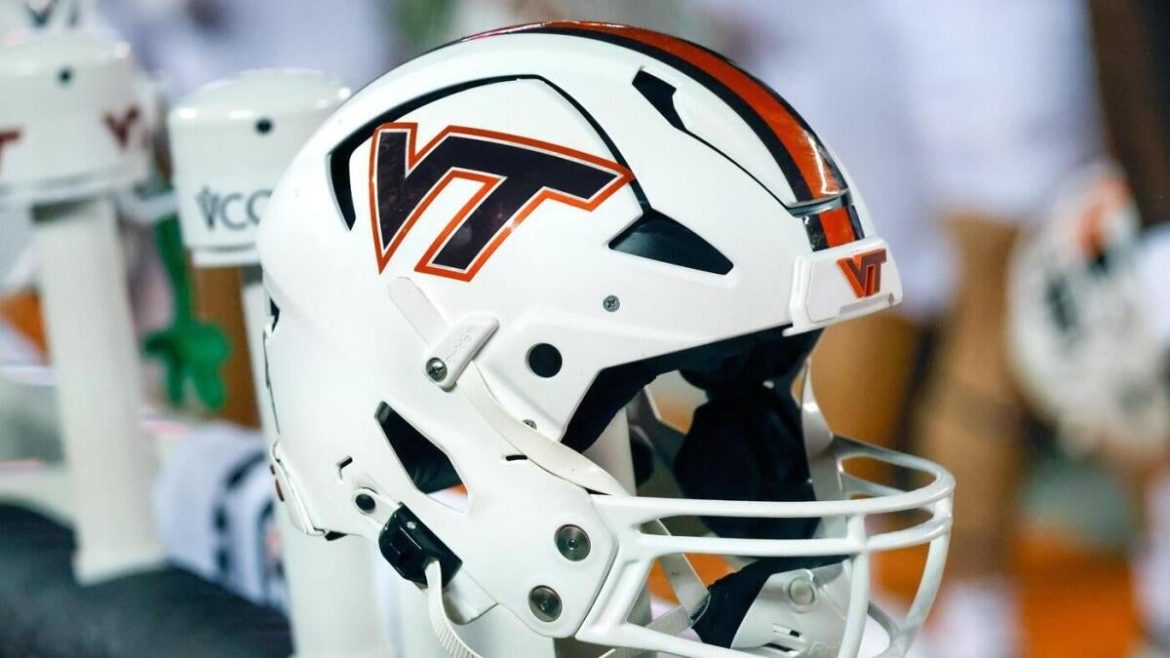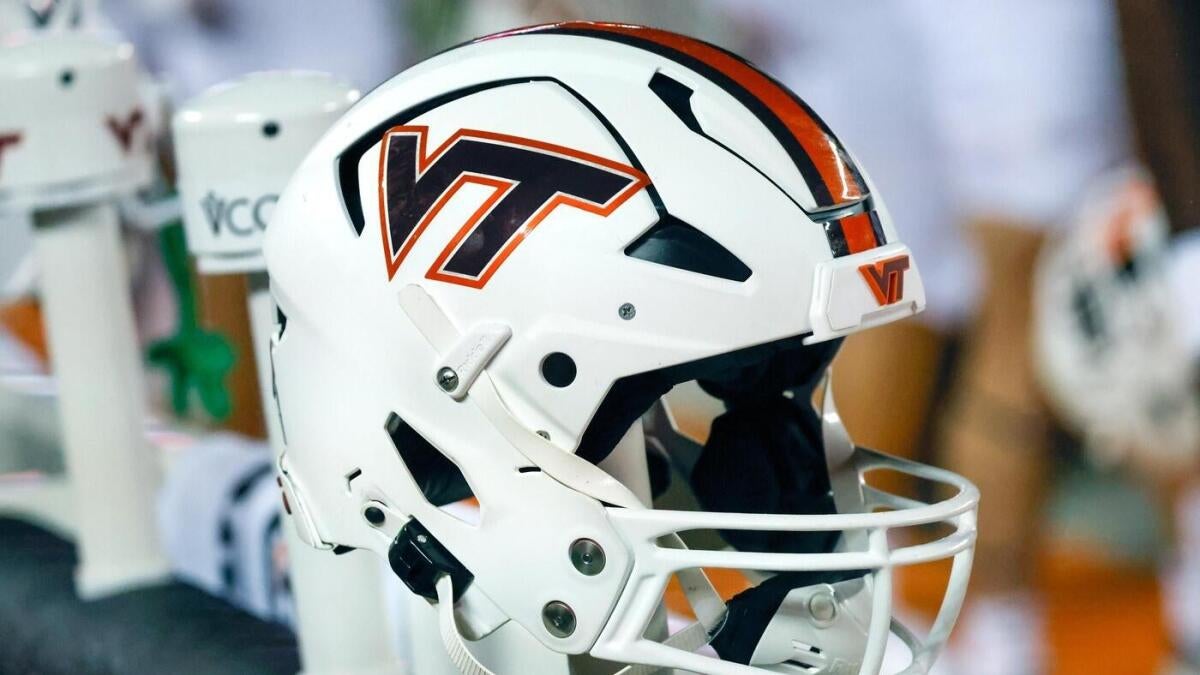The Murky Waters of Tampering in College Football: A Case Study of Virginia Tech
Introduction: When Sidelines Become Battlelines
College football is a high-stakes arena where winning is everything, and the pursuit of talent often blurs the lines between fair competition and unethical behavior. The transfer portal, introduced to give athletes more freedom, has instead become a breeding ground for tampering—a practice where programs attempt to recruit players already committed to other schools. The recent allegations against Virginia Tech by North Carolina Central University (NCCU) head coach Trei Oliver highlight the ethical dilemmas and enforcement challenges that plague modern college football. This case study examines the murky waters of tampering, its implications, and the broader issues it raises in collegiate athletics.
The Allegation: A Coach, a Game, and a Recruit
The controversy centers on an alleged incident during an NCCU football game against Howard University last season. According to Coach Oliver, a Virginia Tech assistant coach was present at the game—not as a casual observer, but with the intent to recruit NCCU’s star running back, J’Mari Taylor. If true, this constitutes a clear violation of NCAA tampering rules, which prohibit any direct or indirect contact with a player from another institution to encourage a transfer.
The specifics of the interaction remain unclear, but the implication is that the Virginia Tech coach made an unauthorized attempt to persuade Taylor to consider transferring. Adding complexity to the situation, Taylor eventually entered the transfer portal and joined the University of Virginia (UVA), a rival of Virginia Tech. This twist raises questions about whether the alleged tampering was a genuine attempt to recruit Taylor or merely a coincidence.
Virginia Tech’s Response: An Internal Investigation
In response to the allegations, Virginia Tech has launched an internal investigation to determine whether any wrongdoing occurred. This is a standard procedure in such cases, allowing the university to gather evidence, interview witnesses, and assess the validity of the claims. The outcome of this investigation could have significant consequences, potentially leading to NCAA sanctions against the program or individual coaches if the allegations are substantiated.
The Transfer Portal Era: A Breeding Ground for Tampering
The transfer portal, while designed to give athletes more control over their careers, has inadvertently fueled tampering in college football. With players now able to transfer more freely, programs are increasingly tempted to recruit players from other schools, often in violation of NCAA rules. The portal has created a free-agency-like environment, where players are constantly evaluated and pursued by competing programs.
This environment fosters intense competition, where the distinction between legitimate recruiting and illegal tampering becomes blurred. The pressure to acquire top talent, combined with the ease of transferring, creates a perfect storm for unethical behavior. Coaches and recruiters may feel justified in bending the rules to gain a competitive edge, even if it means violating NCAA regulations.
The Stakes: Why Tampering Matters
Tampering is not just a technical violation—it undermines the integrity of college football. When programs engage in tampering, they create an uneven playing field, giving themselves an unfair advantage over competitors. Smaller programs, like NCCU, are particularly vulnerable, as they lack the resources to compete with larger, wealthier institutions.
Beyond the competitive implications, tampering can also harm player morale and team cohesion. When players are constantly approached by other schools, it creates uncertainty and division within the locker room. Players may feel that their opportunities are being limited by the recruitment of transfers, leading to resentment and distrust.
Enforcement Challenges: A Difficult Landscape
One of the biggest obstacles in combating tampering is the difficulty of proving it. Tampering often occurs in private, with no witnesses or documented evidence. Coaches and players are often reluctant to come forward, fearing retaliation or damage to their careers. The NCAA’s enforcement arm has struggled to keep up with the rapid changes in college football, making it difficult to monitor and investigate potential violations.
The decentralized nature of recruiting further complicates enforcement. With coaches and recruiters operating independently, it is challenging to track their interactions with players from other schools. The NCAA must develop more effective strategies to detect and deter tampering, ensuring that all programs adhere to the same rules.
The Broader Context: The Arms Race in College Football
The tampering allegations against Virginia Tech must be viewed within the broader context of the escalating arms race in college football. Programs are constantly seeking a competitive edge, whether through innovative training techniques, state-of-the-art facilities, or aggressive recruiting strategies. This relentless pursuit of excellence can sometimes lead to ethical compromises, as coaches and administrators may be tempted to bend or break the rules to achieve their goals.
The pressure to win is immense, and the rewards for success are substantial, creating a powerful incentive to engage in questionable practices. The NCAA must address this culture of winning at all costs, promoting fair play and ethical conduct in college athletics.
Potential Consequences for Virginia Tech
If the allegations against Virginia Tech are substantiated, the program could face a range of penalties from the NCAA. These could include:
– Recruiting restrictions: Limiting the number of scholarships the program can offer or restricting its ability to recruit off-campus.
– Fines: Imposing financial penalties on the university.
– Suspensions: Suspending coaches or staff members involved in the tampering.
– Vacating wins: Requiring the program to forfeit victories in which ineligible players participated.
The severity of the penalties would depend on the nature and extent of the violations. However, even relatively minor sanctions can have a significant impact on a program’s ability to compete.
Conclusion: A Call for Transparency and Accountability
The tampering allegations against Virginia Tech serve as a stark reminder of the ethical challenges facing college football. The transfer portal, while intended to empower athletes, has created a breeding ground for unethical behavior, making stricter regulations and enforcement necessary. This situation calls for greater transparency and accountability from all stakeholders, from coaches and administrators to the NCAA itself.
Only through a concerted effort to uphold the principles of fair play and ethical conduct can the integrity of the game be preserved. The future health of college football depends on creating an environment where every team has a fair chance to compete, not just the ones willing to bend or break the rules. The Virginia Tech case is a warning—a microcosm reflecting the larger struggle to maintain integrity in an increasingly competitive and complex landscape.





